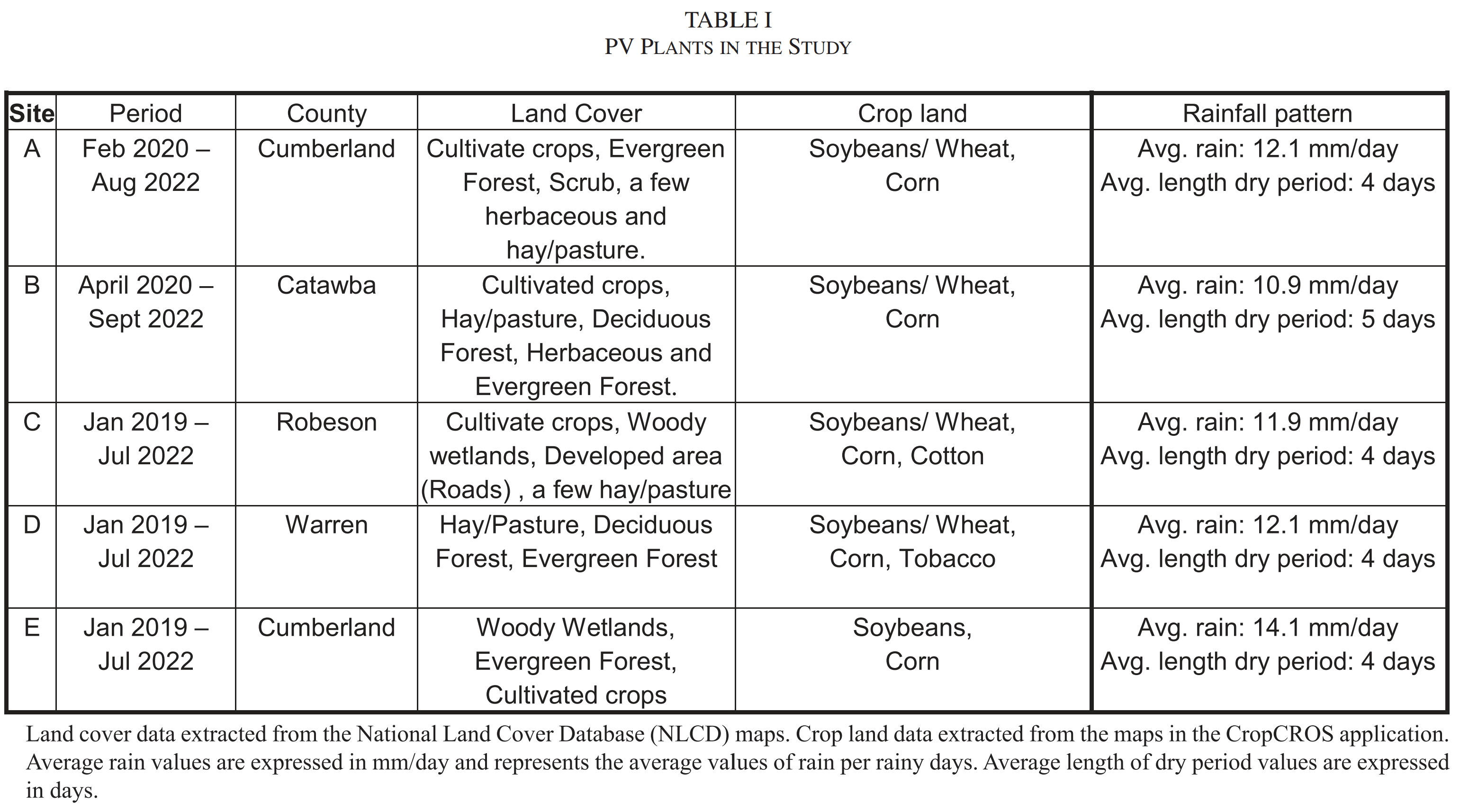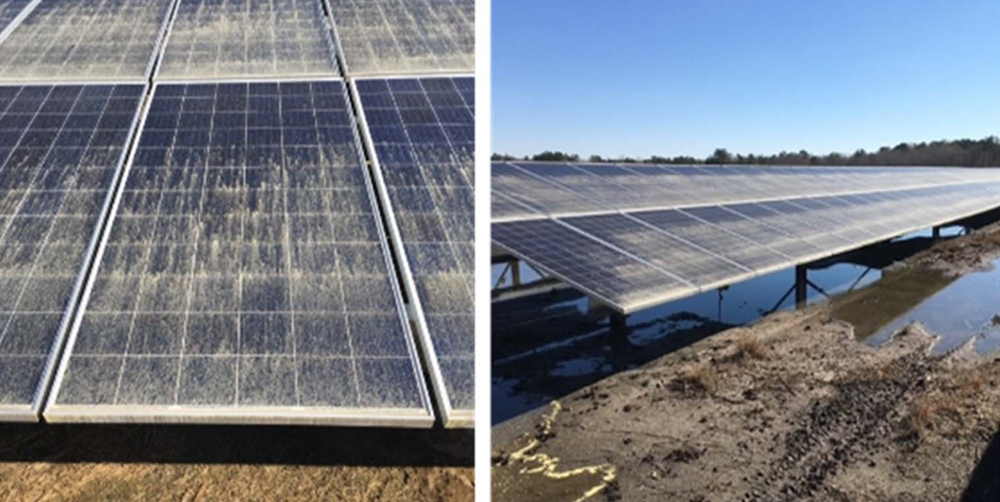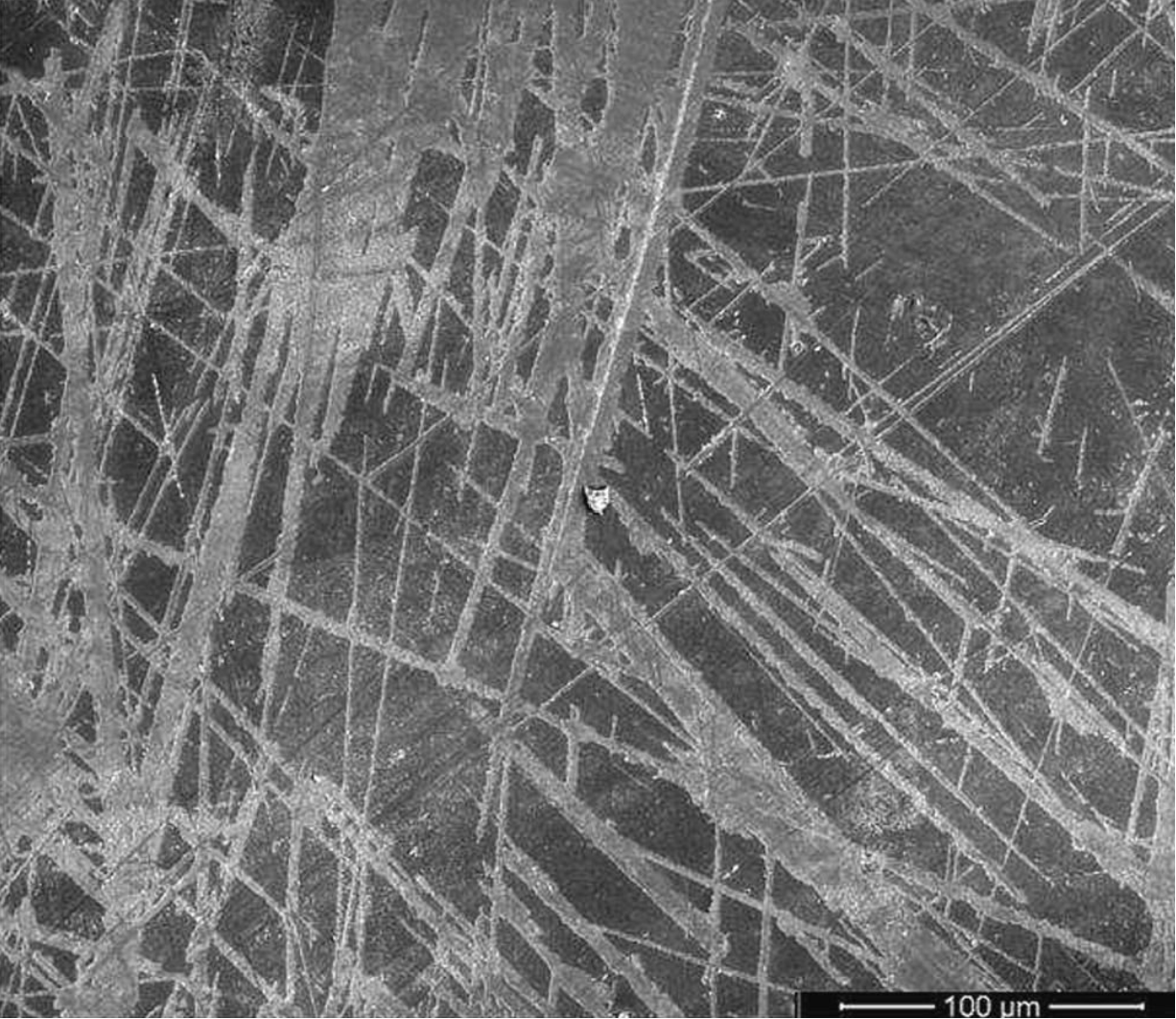An analysis by NREL in North Carolina reveals that various types of tree pollen can reduce solar panel efficiency by over 15%. Unlike the immediate improvements assumed to follow heavy rain, recovery of performance post-pollen season is gradual. Manual cleaning post-rain can boost performance by 5% to 11%.
A collaborative study by experts from the U.S. Department of Energy’s National Renewable Energy Laboratory (NREL), Duke University, Solar Unsoiled Inc., the University of Jaén in Spain, and Sapienza University of Rome, has revisited the assumption that rainfall alone can effectively clean solar panels. In their examination of different pollens at five solar power facilities in North Carolina, the researchers discovered that pollen from tree species such as cypress, juniper, pine, and oak proved particularly stubborn in adhering to solar panels.
During peak pollen seasons, variations in pollen types led to a decrease in solar panel efficiency by as much as 15%. Despite the rain ‘cleanings’, unwashed panels suffered approximately 10% annual production loss. Manual cleaning with a wet brush, after rain, showed a performance increase of 5% to 11%.
The facilities studied, ranging in capacity from 4 to 9 MW, face due south at a 20° angle and have been operational for approximately seven years.
The researchers initially expected minimal soiling losses due to the area’s relatively high average rainfall and short dry spells. In testing, however, they found that the soiling and associated generation losses exceeded their expectations.

This data set is not universally applicable nationwide, as pollen types and intensities vary across regions. Deserts primarily contend with dust, but agricultural areas in these regions also face pollen challenges during certain seasons. Facilities on the East Coast, characterized by a generally wetter climate and dense tree cover, consistently encounter pollen-related challenges.
In this study, tree pollen was the predominant type affecting the sites during the spring, significantly impacting solar generation. The researchers observed that grass and weed pollens, which peak towards summer’s end, did not correlate with the highest soiling losses on solar panels, unlike tree pollens.

NREL and Solar Unsoiled will continue their research to gain a deeper understanding of the issue. They noted that pollen particles from different trees have varying adhesion levels, influenced by factors such as the size and shape of the grains, the nature of the surfaces they stick to, their compositional properties, and environmental conditions like relative humidity and wind patterns.
Carla Dawson of Soilar Tech, PV soiling mitigation consultants, suggests using a soft, rather than a hard brush when cleaning pollen from solar modules. She states, “Due to the high level of cementation generally associated with pollen compared to dust, it is commonplace to clean with brushes with stiff bristles.”

While stiff bristles can remove pollen in one pass, it can create permanent damage to the anti-reflective coatings on solar panels, “creating a long-term permanent loss,” she said.
Dawson concluded that it’s best to clean panels with high levels of pollen deposition with soft bristles, “and they should have been tested in laboratories that measure anti-reflective coating degradation levels and water with low TDS levels.”



